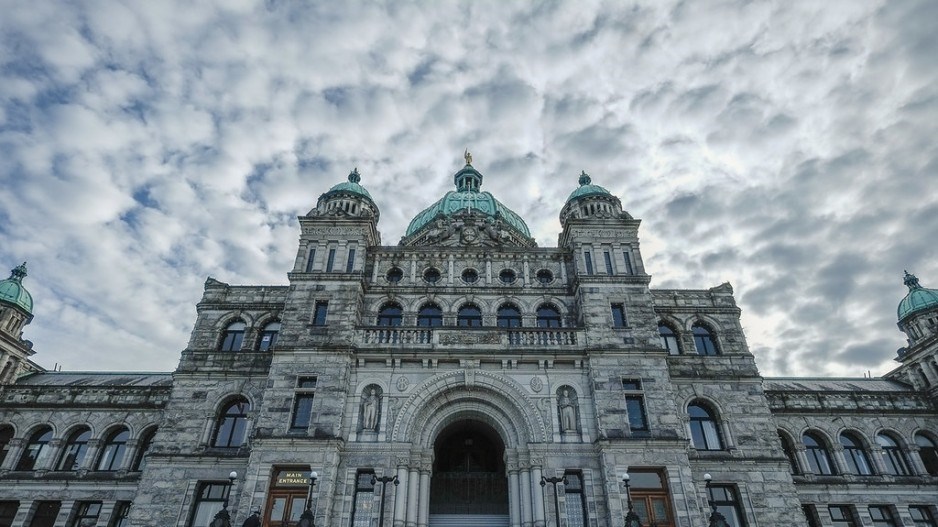A good magician can make a person vanish. Premier David Eby made a $3.6-billion surplus
vanish.
Despite ending the 2022 budget year with a $3.6-billion forecasted surplus, Eby’s first budget as premier is projecting a $4.2-billion deficit in 2023.
Even worse: Eby has no plan to balance the budget. The plan is to put the new spending on the taxpayer credit card.
The provincial government’s debt at the end of budget year 2022 is expected to reach $93.5 billion. By 2026, the debt is expected to reach $132.6 billion. That’s a 42 per cent increase in a handful of years.
More debt means more money wasted on interest charges.
Interest charges on the government credit card will cost $3.3 billion in 2023. That’s a cost of $620 for each British Columbian this year. And that’s billions of dollars that can’t be used to hire more nurses or lower taxes because it’s going to the bond fund managers on Bay Street. In fact, the $3.3 billion wasted on interest charges is more money than the government’s capital spending on health care.
With higher debt comes higher taxes. Unfortunately, for families already struggling to afford gasoline or groceries, the provincial carbon tax is again on the rise.
On April 1, the carbon tax will increase from 11 to 14 cents per litre of gasoline. In just seven years, the provincial carbon tax will cost more than 37 cents per litre, or about $29 to fuel up a minivan.
And unlike other provinces, B.C. has two provincial carbon taxes. B.C.’s second carbon tax is buried within fuel regulations and costs taxpayers an extra 17 cents per litre of gasoline. Combined, the two provincial carbon taxes will cost about 31 cents per litre of gasoline as of April.
The government acknowledges the carbon tax disproportionately hurts the people who can least afford it.
“Single-income, female-led households have a higher carbon tax burden,” according to Budget 2023. “Rural communities may have higher indirect carbon tax burdens (e.g., through higher shipping costs resulting in a higher price of goods), and colder regions of the province may have higher carbon tax costs for home heating.”
Times are tough. And the carbon tax is making these tough times tougher by raising the cost of necessities, like driving to work, filling the fridge and heating our homes.
Eby’s financial mismanagement is a result of overspending.
Last year’s budget forecasted spending to total $71 billion by the end of the 2022 budget year. Budget 2023 shows that spending will now reach $74.4 billion. That means the government spent $3.4 billion over its own budget.
Future spending is also climbing. Spending in 2023 is expected to reach $80.2 billion.
Families don’t benefit when politicians and bureaucrats waste money. And the B.C. government could host a masterclass in wasting money.
The bureaucracy has ballooned in the past six years, with 11,303 new full-time employees on the provincial payroll. The premier’s office padded its own budget with an extra $1 million.
The price for the new museum building in Colwood was initially $177 million. But this month, that estimate jumped all the way up to $270 million. That’s an increase of $93 million and shovels haven’t even broken earth yet.
When Eby took over the top job and brought in his new staff, the government put taxpayers on the hook for $1.3 million in severance payments. The biggest payout was almost $600,000 and went to Lori Wanamaker. Wanamaker was then immediately hired back by the provincial government.
It’s time for Eby to put down the taxpayer credit card, pick up some scissors and balance the budget.
Carson Binda is the B.C. director of the Canadian Taxpayers Federation




